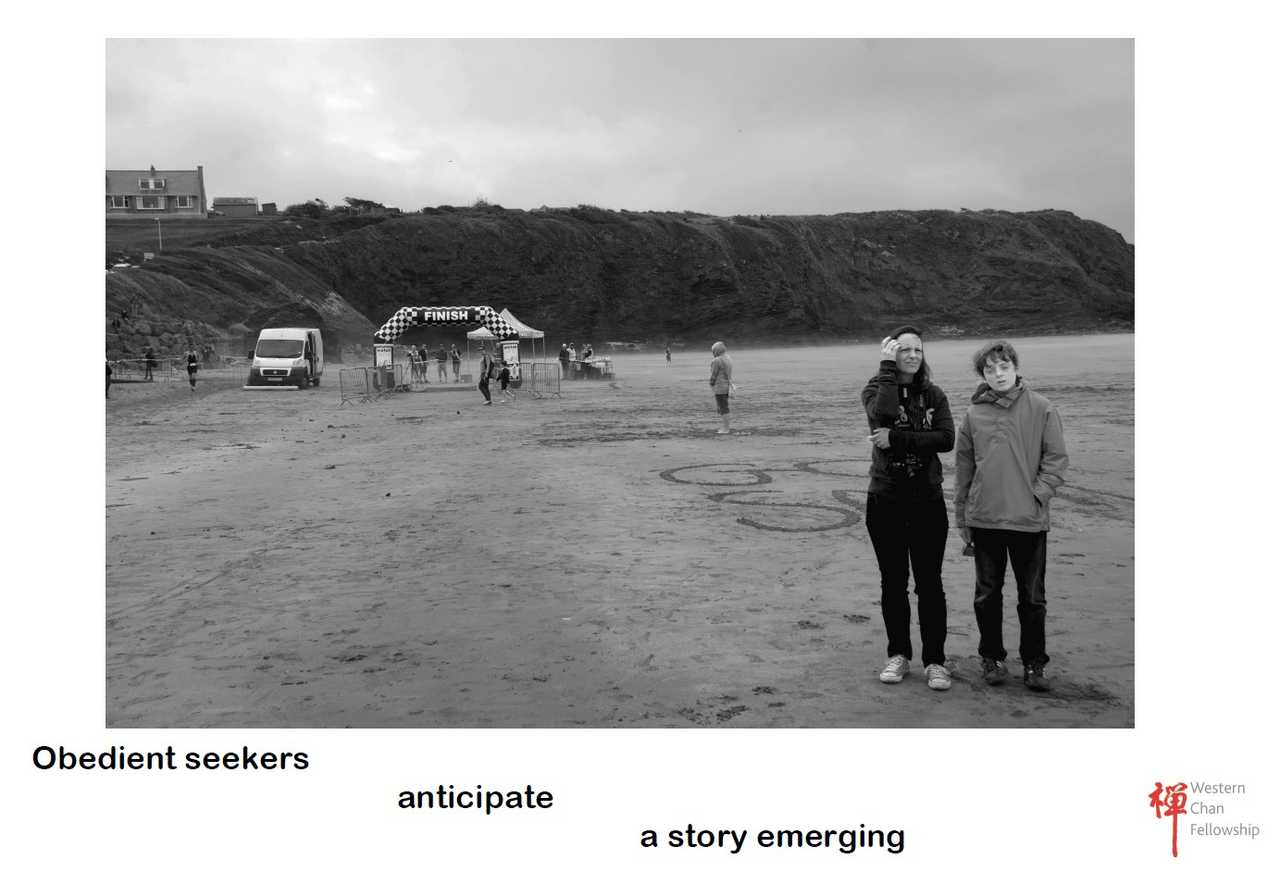Calendar July 2016

On one of our many visits to Pembrokeshire, we found that the Welsh Triathlon Championships was to begin and start at Broadhaven. I undoubtedly had a number of preconceptions about the competitors of this swimming, cycling, running race in that I was expecting a group of muscular, athletic, fit-looking young men ready to race against each other. I was surprised to discover men and women of all ages, shapes, and sizes ready to take part in the event. Clearly, for most, the race was just the battle against yourself and seeing if you could get to the end, perhaps a bit quicker than the last time - winning was not a part of the outcome for them. Some did not finish their swim until others had completed the cycling and many had completed their run when others were still on their bikes. Only a few were in it to try to be champion.
I was interested in taking the photograph of the finishing line which had an inflated bouncy castle look to it. To the left of the van you can just make out a man beginning his 10 km run. In the foreground are a woman and her son looking towards the place where the first runners will appear. When we look at them, we see a private expression not offered to the camera. Supporting a family member, they are anxiously hoping he will be the first to appear and cross the finishing line - they desire a particular outcome.
Obedient seekers
anticipate
a story emerging
We take up skills or activities because we seek a particular outcome. We want to reach a wished for goal. When we engage in something that initially presents itself as not straightforward, such as meditation, we need the advice and guidance of those more experienced than ourselves; we need teachers. Their direction helps us secure a firm foundation in what we are attempting and gives us an idea of what the ‘swimming’, ‘running’, and ‘cycling’ of the skill is all about. But, if we become too obedient to instruction, if we expect that we will cross the finishing line just because we simply follow guidance, our expectations will take us away from observing what is arising and what is passing away. Our expectations will limit what we do. There comes a time in practice when we need to put down advice and sit in the space that is ourselves. No narratives arise, only our life.
“I do not esteem my late teacher’s virtues or his Buddhist teaching, I only value the fact that he didn’t explain everything to me”.
Tung-shan Liang-cheih (807 - 869)
- Publication date:
- Modified date:
- Categories: 2016 WCF News
-
 Western Chan Fellowship CIO
Western Chan Fellowship CIO - Link to this page
©Western Chan Fellowship CIO 2006-2025. May not be quoted for commercial purposes. Anyone wishing to quote for non-commercial purposes may seek permission from the WCF Secretary.
The articles on this website have been submitted by various authors. The views expressed do not necessarily represent the views of the Western Chan Fellowship.
Permalink: https://w-c-f.org/Q311-426
